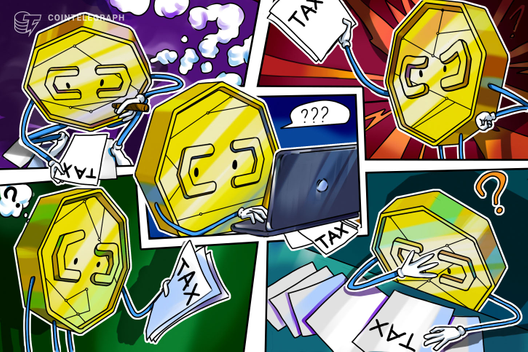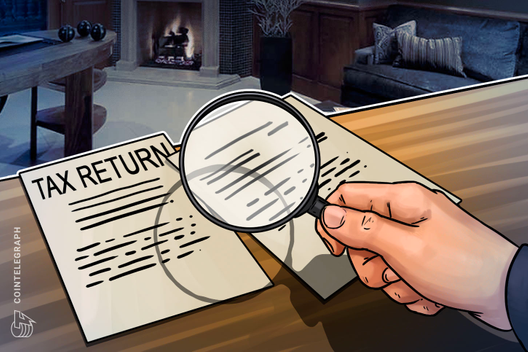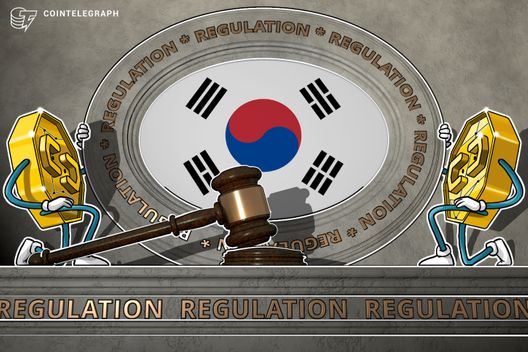SEC sues Coinbase in NY federal court for offering unregistered securities
The SEC lawsuit alleges that Coinbase operated as an unregistered broker and several tokens offered on its platform qualify as security.
921 Total views
5 Total shares

The United States Securities and Exchange Commission has filed a lawsuit against New York-based crypto exchange Coinbase for offering unregistered securities.
The SEC lawsuit alleged that Coinbase has never registered as a broker, national securities exchange or clearing agency, evading the disclosure scheme for securities markets. SEC alleged that several tokens offered by the crypto exchange including Solana (SOL), Cardano (ADA), Polygon (MATIC) Filecoin (FIL), Sandbox (SAND), Axie Infinity (AXS), Chiliz (CHZ), FLOW, ICP, NEAR, VGX, DASH, and NEXO qualify as securities.
Today we charged Coinbase, Inc. with operating its crypto asset trading platform as an unregistered national securities exchange, broker, and clearing agency and for failing to register the offer and sale of its crypto asset staking-as-a-service program.https://t.co/XPG2gDkxtV pic.twitter.com/hCdVMw8B2v
— U.S. Securities and Exchange Commission (@SECGov) June 6, 2023
The lawsuit further alleged that Coinbase has been operating as an unregistered security broker since 2019, almost two year before its initial public offering (IPO) in April 2021.
SEC further alleged that coinbase’s staking program includes five stackable crypto assets, making the staking program an investment contract and therefore a security. Coinbase was already fighting the staking battle with the SEC and had claimed its staking products do not qualify as a security.
SEC chief Gary Gensler while addressing the latest Coinbase lawsuit said that the crypto exchange allegedly deprived its customers of critical protections that prevent fraud and manipulation, and avoided proper disclosure, and safeguards against conflicts of interest.
The SEC lawsuit against Coinbase comes just a day after the securities regulator sued Binance for violating securities law and comingling customer’s funds.
This is a developing story, and further information will be added as it becomes available.









